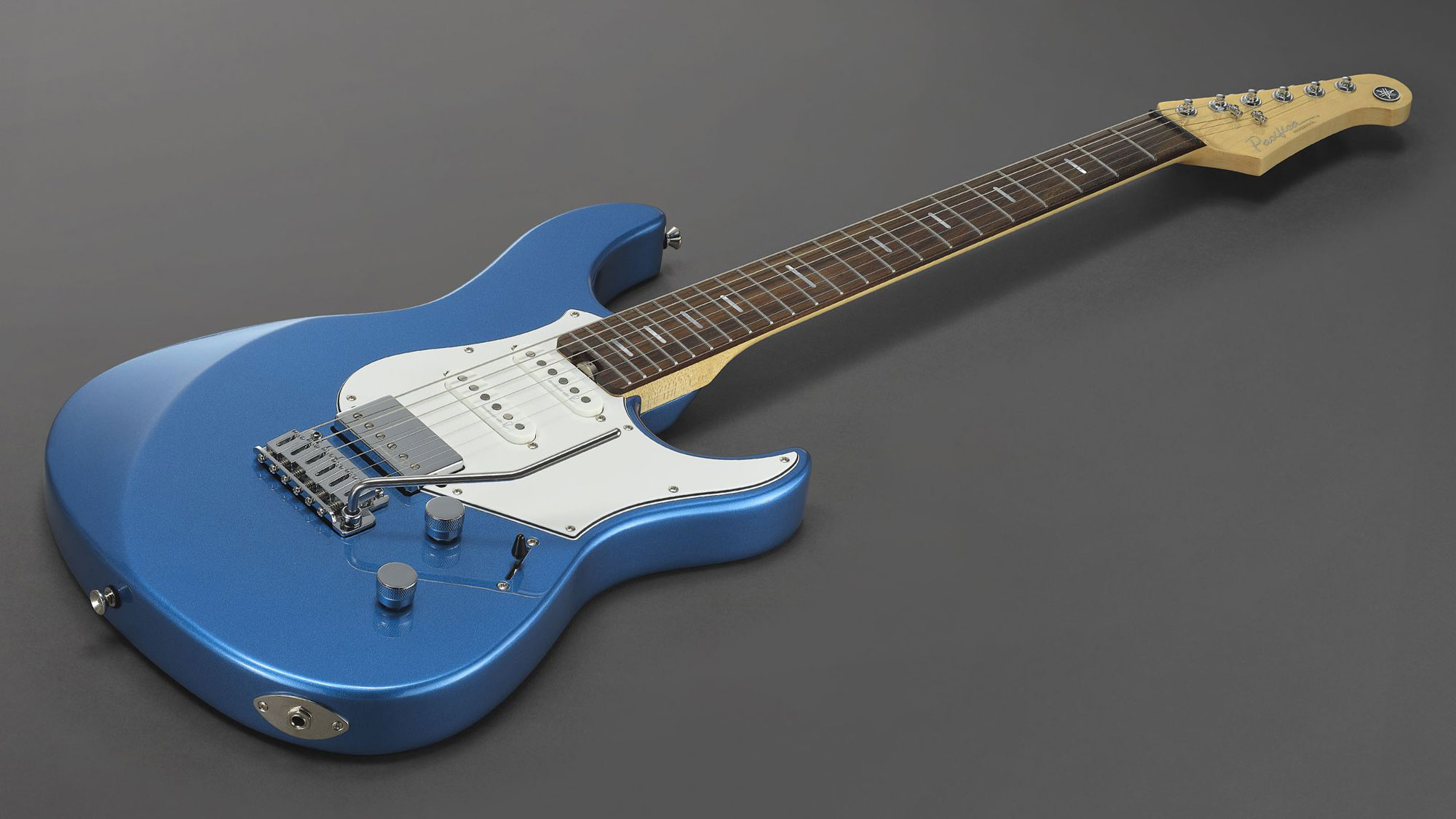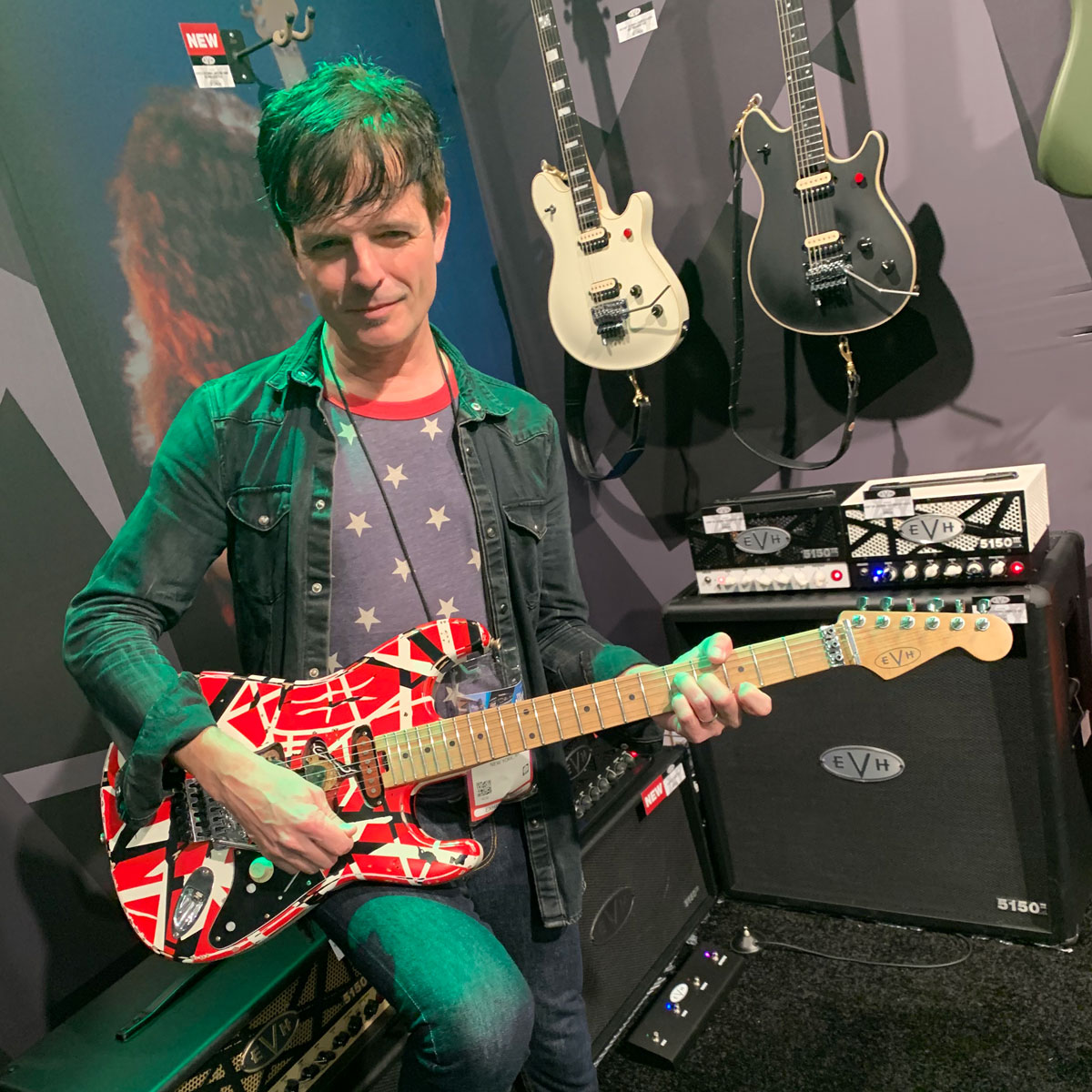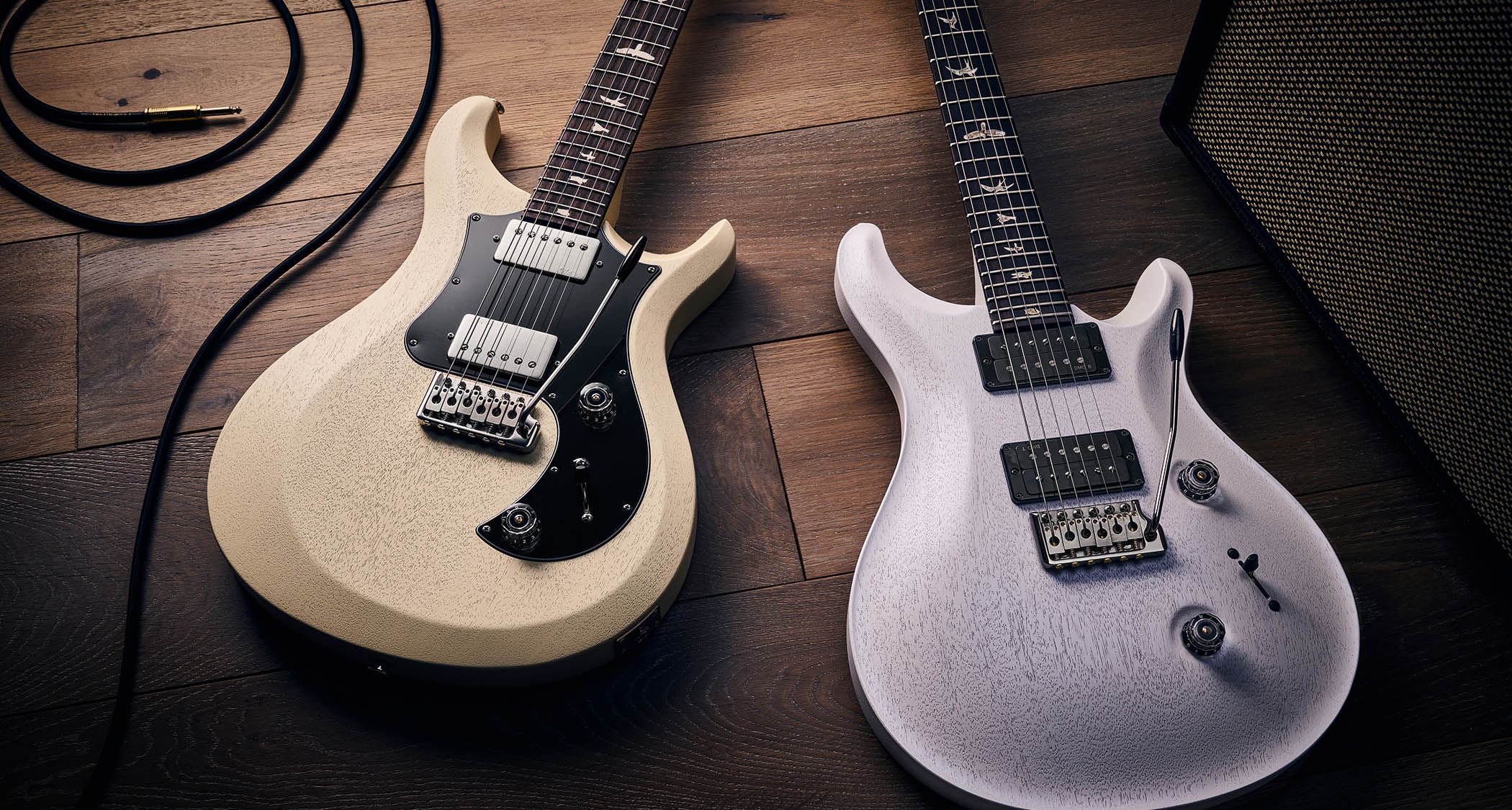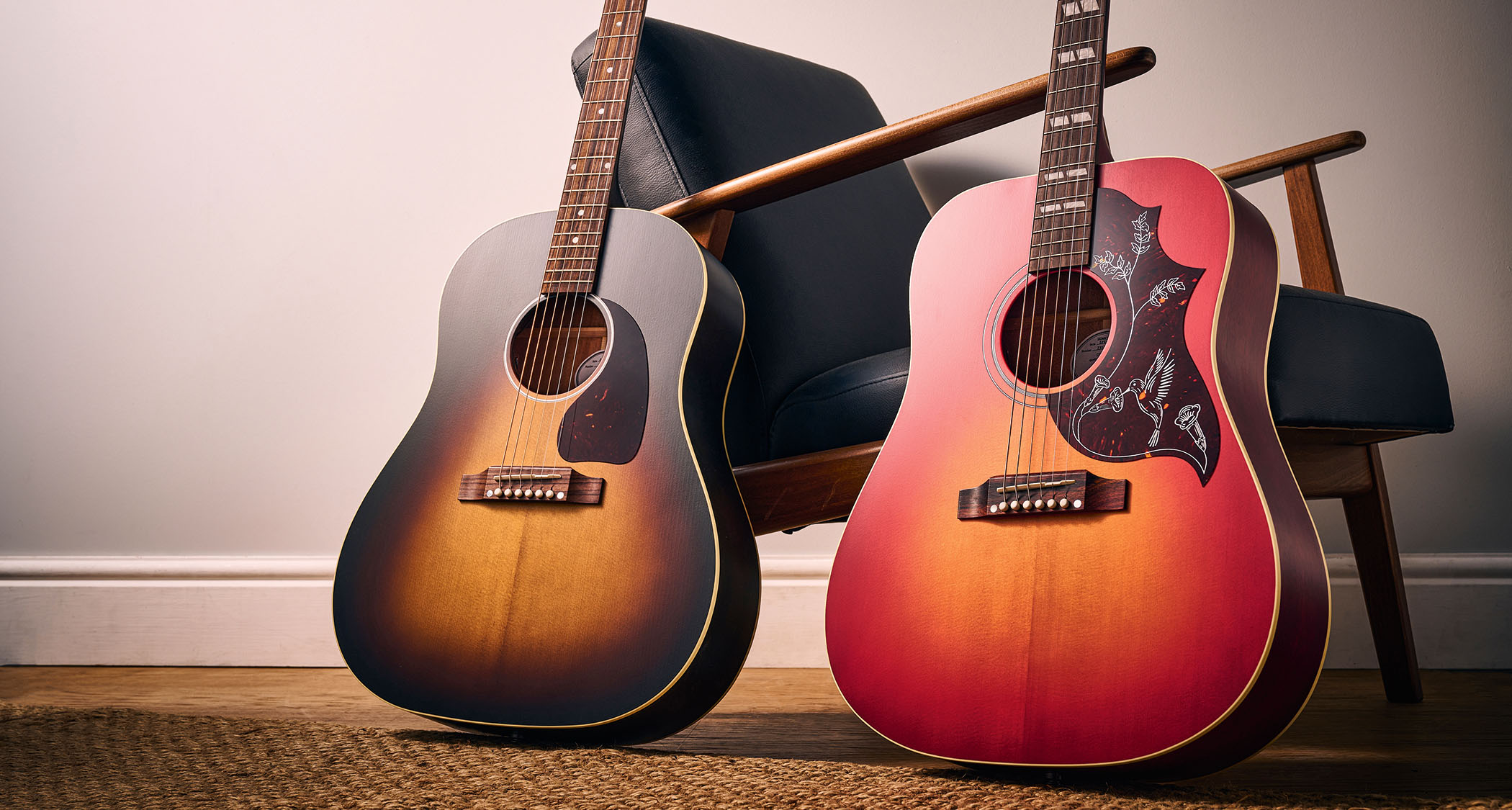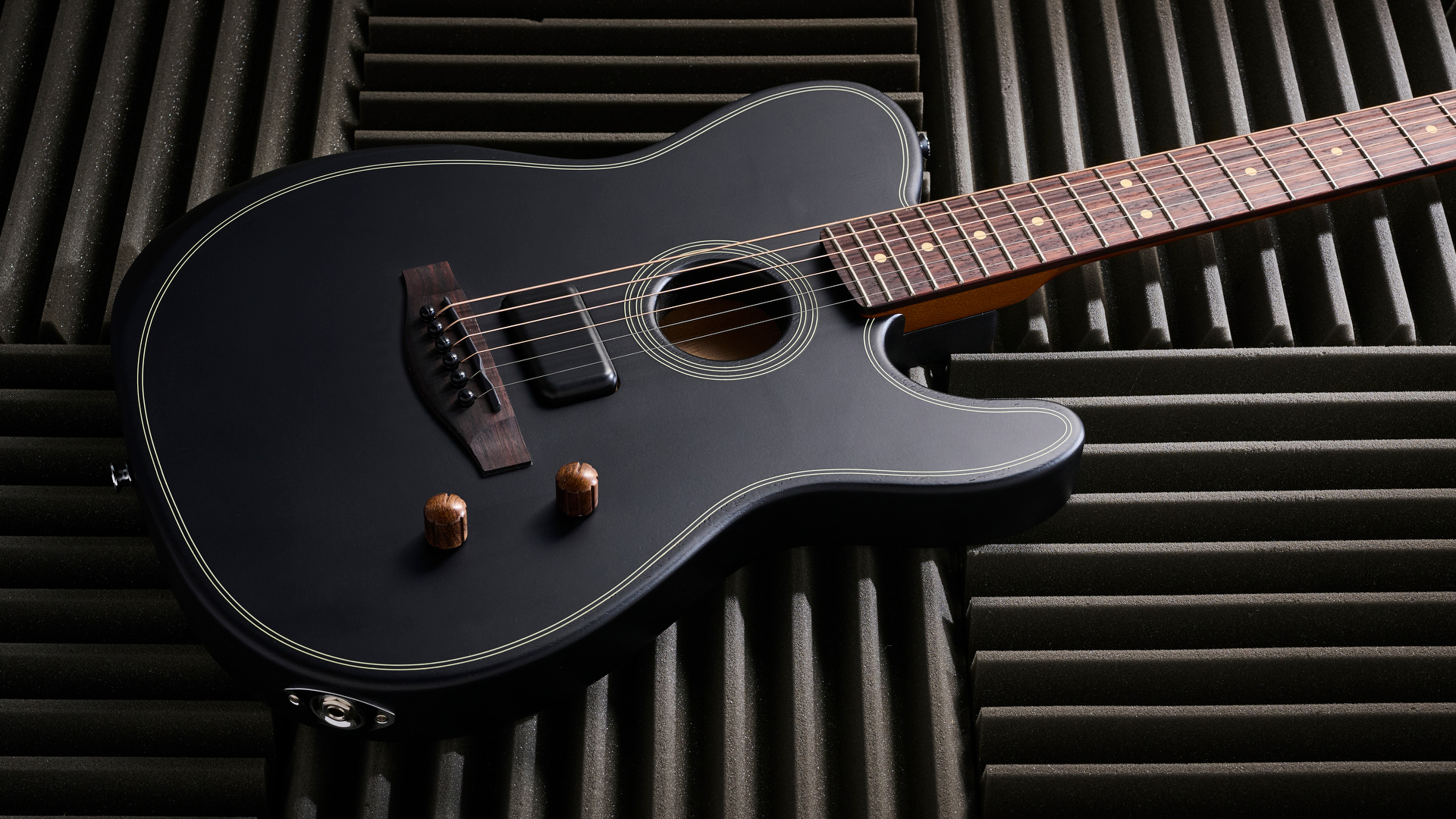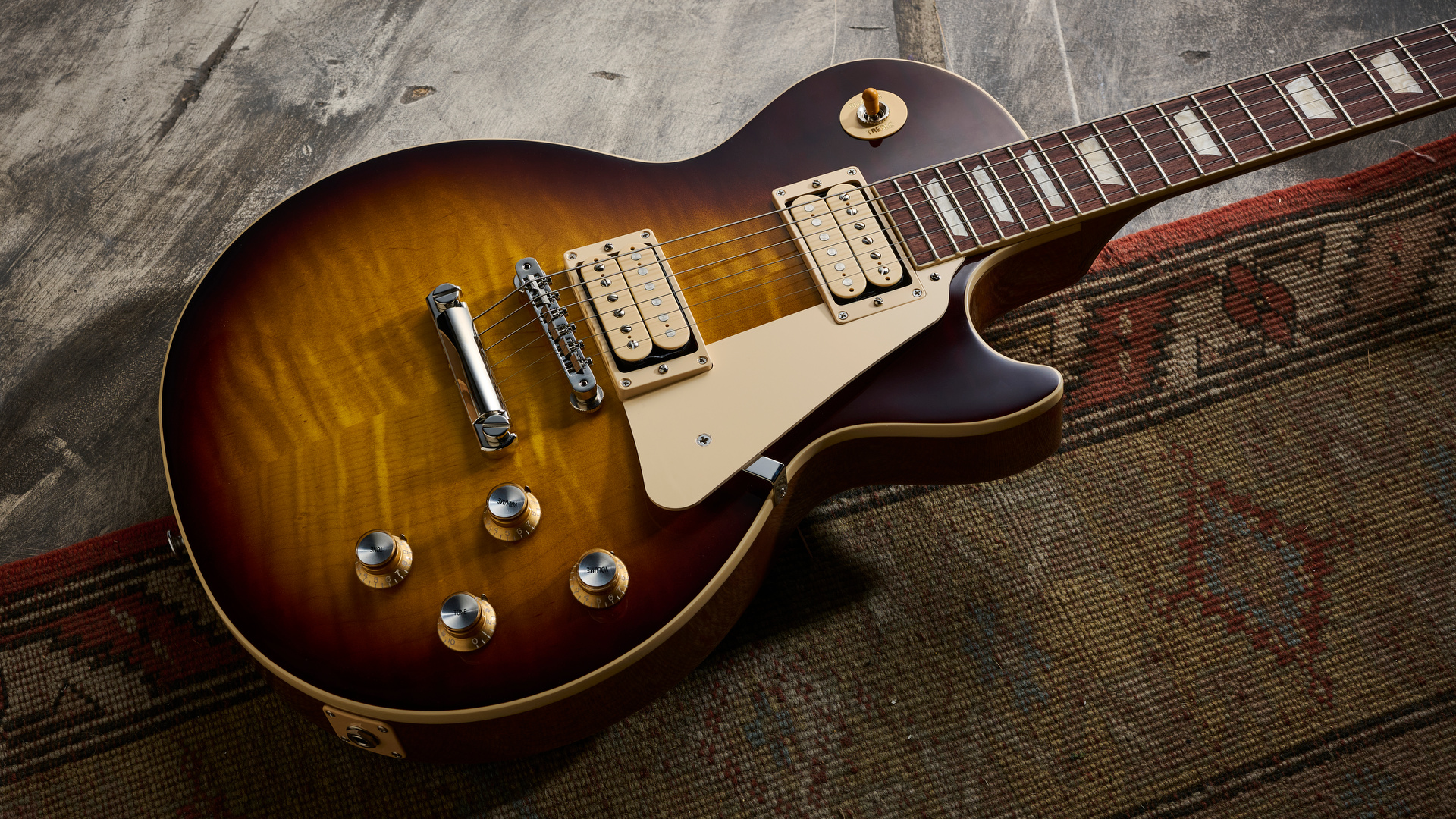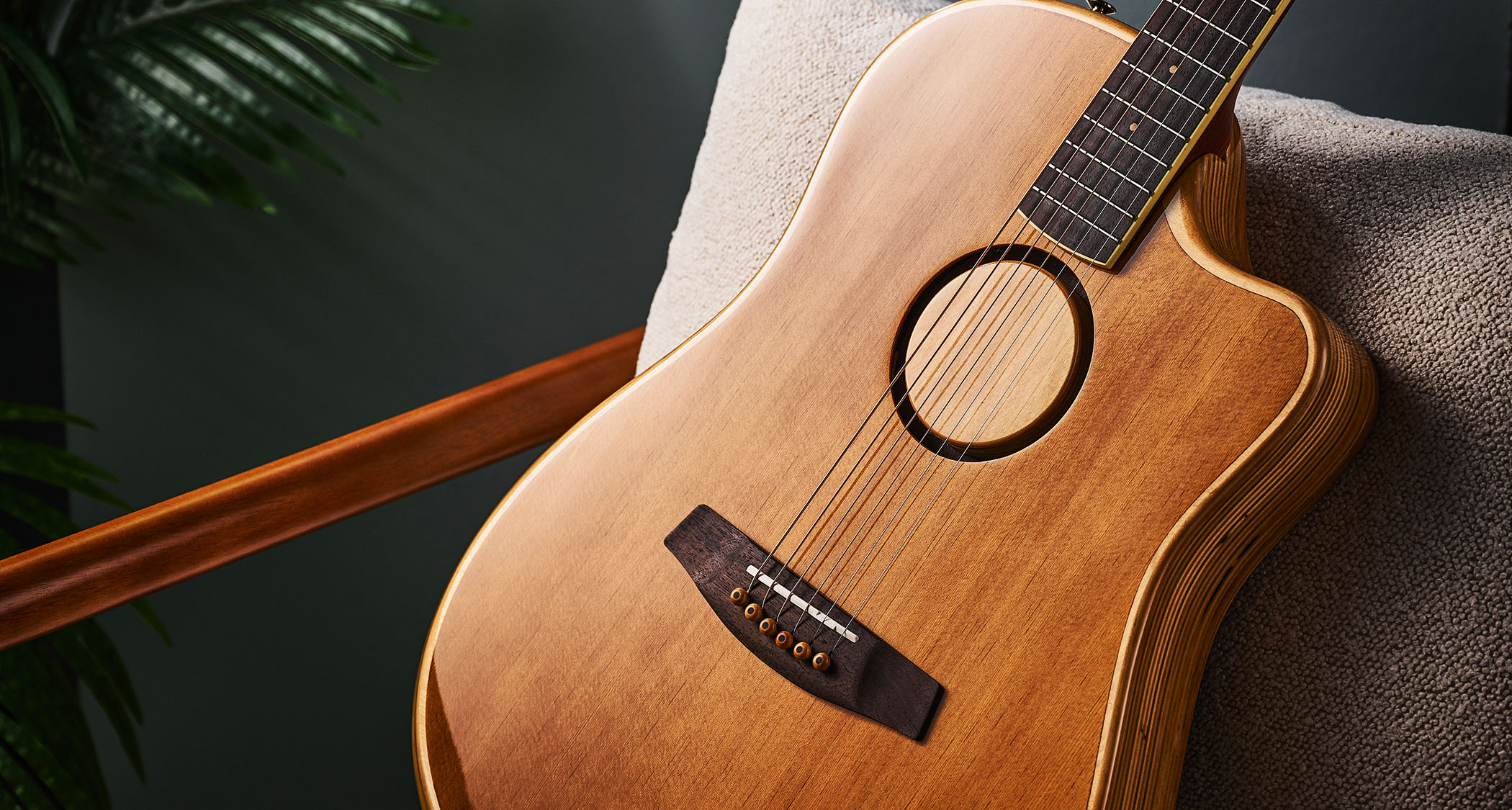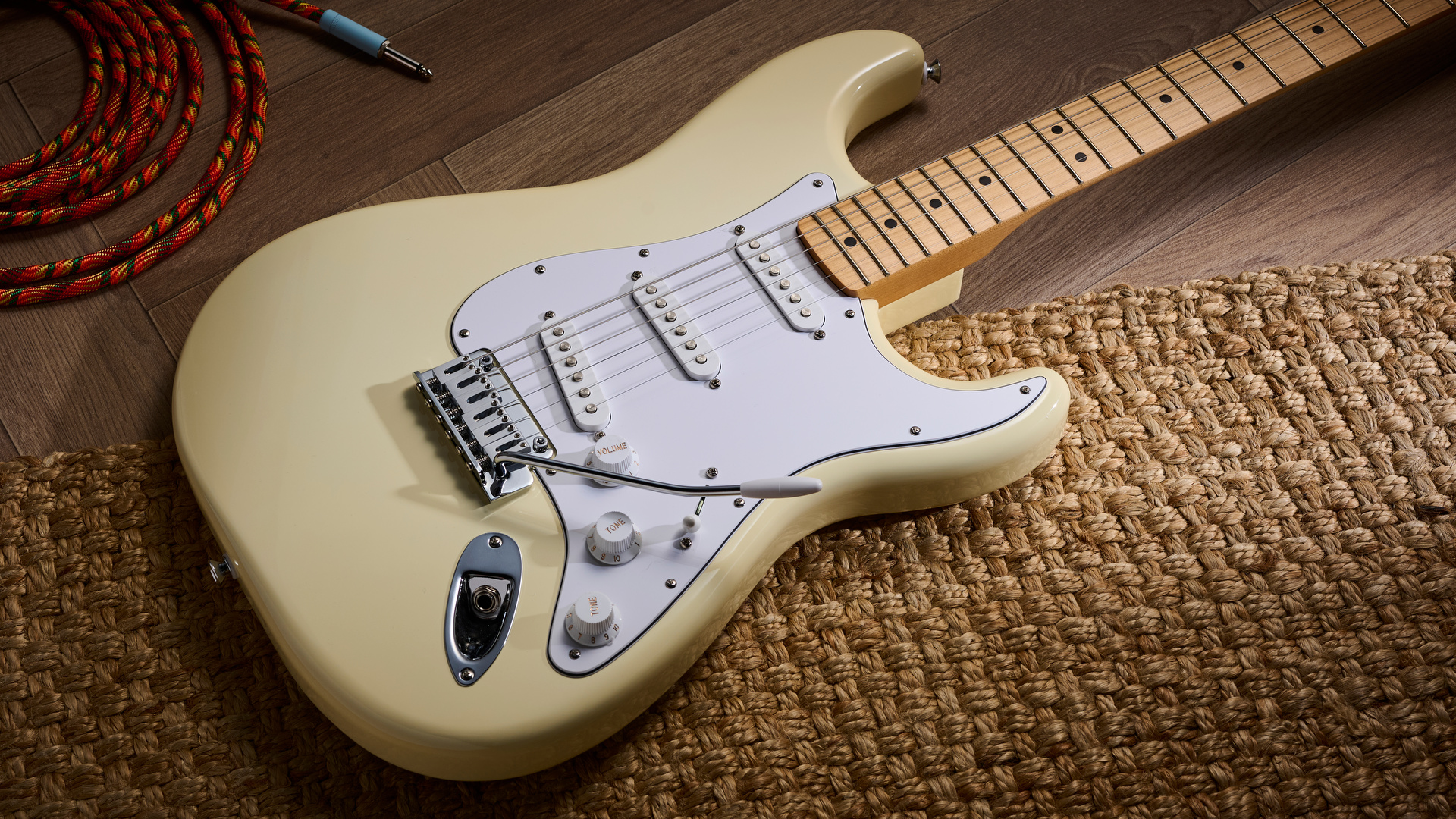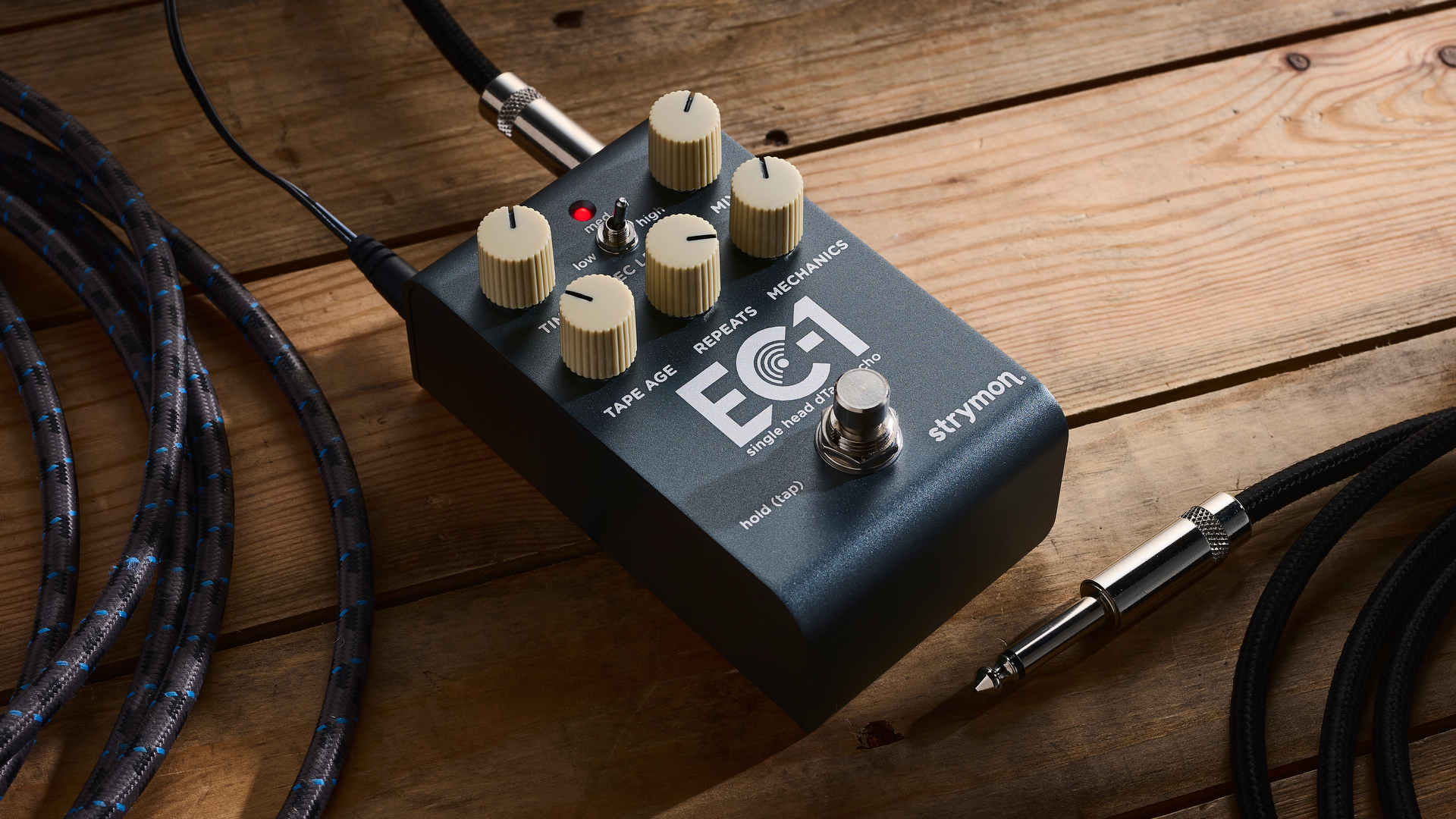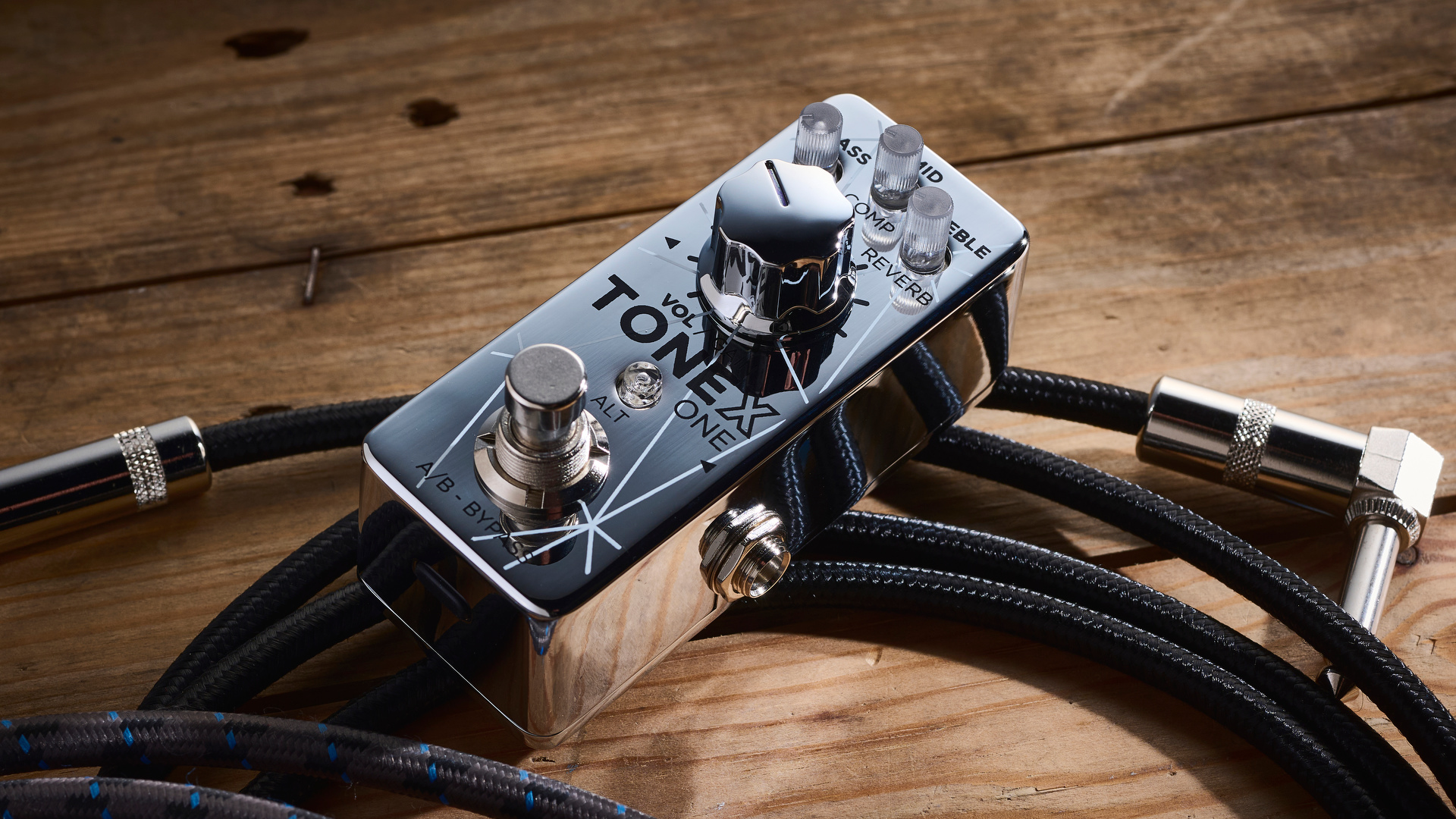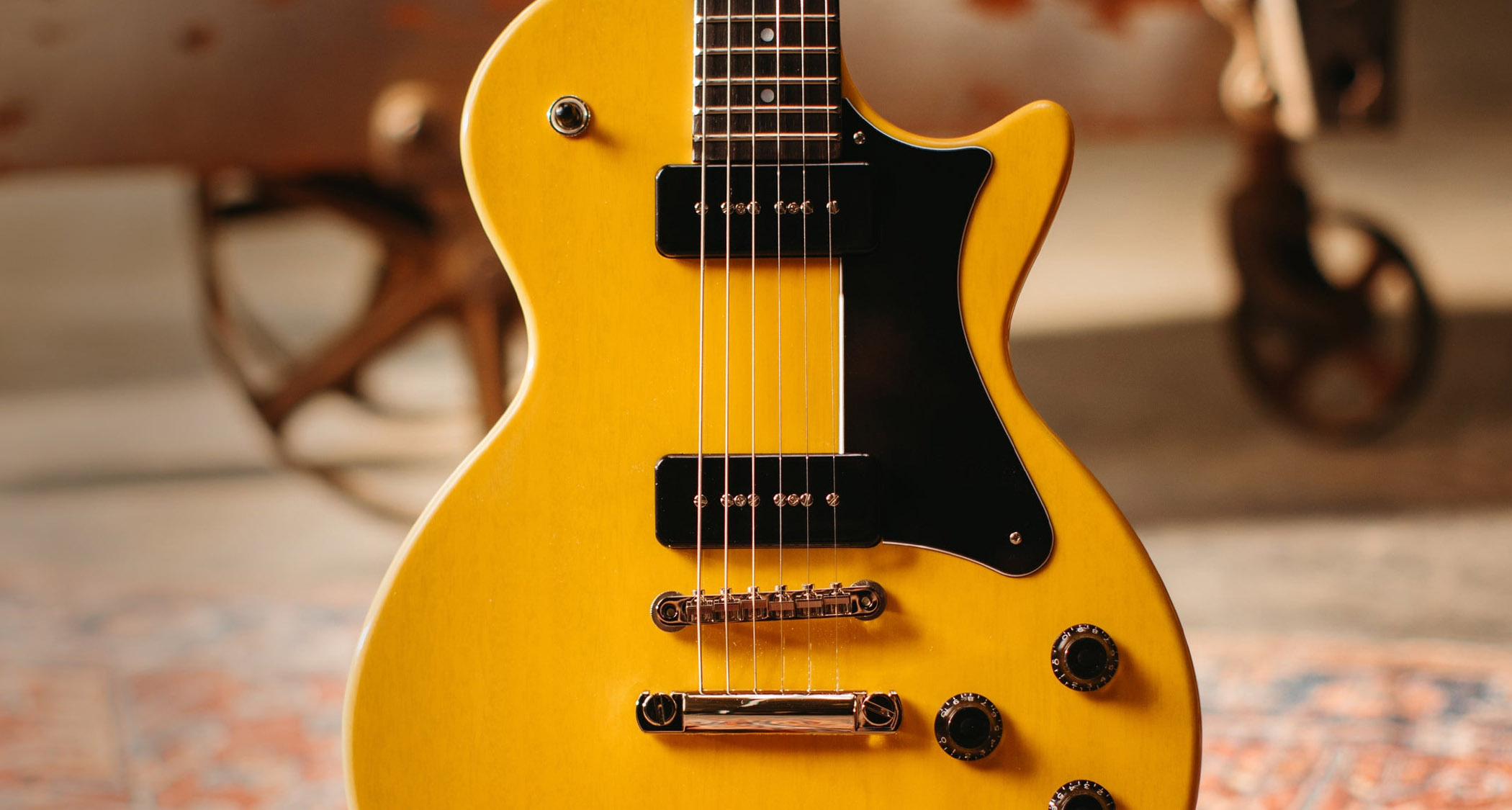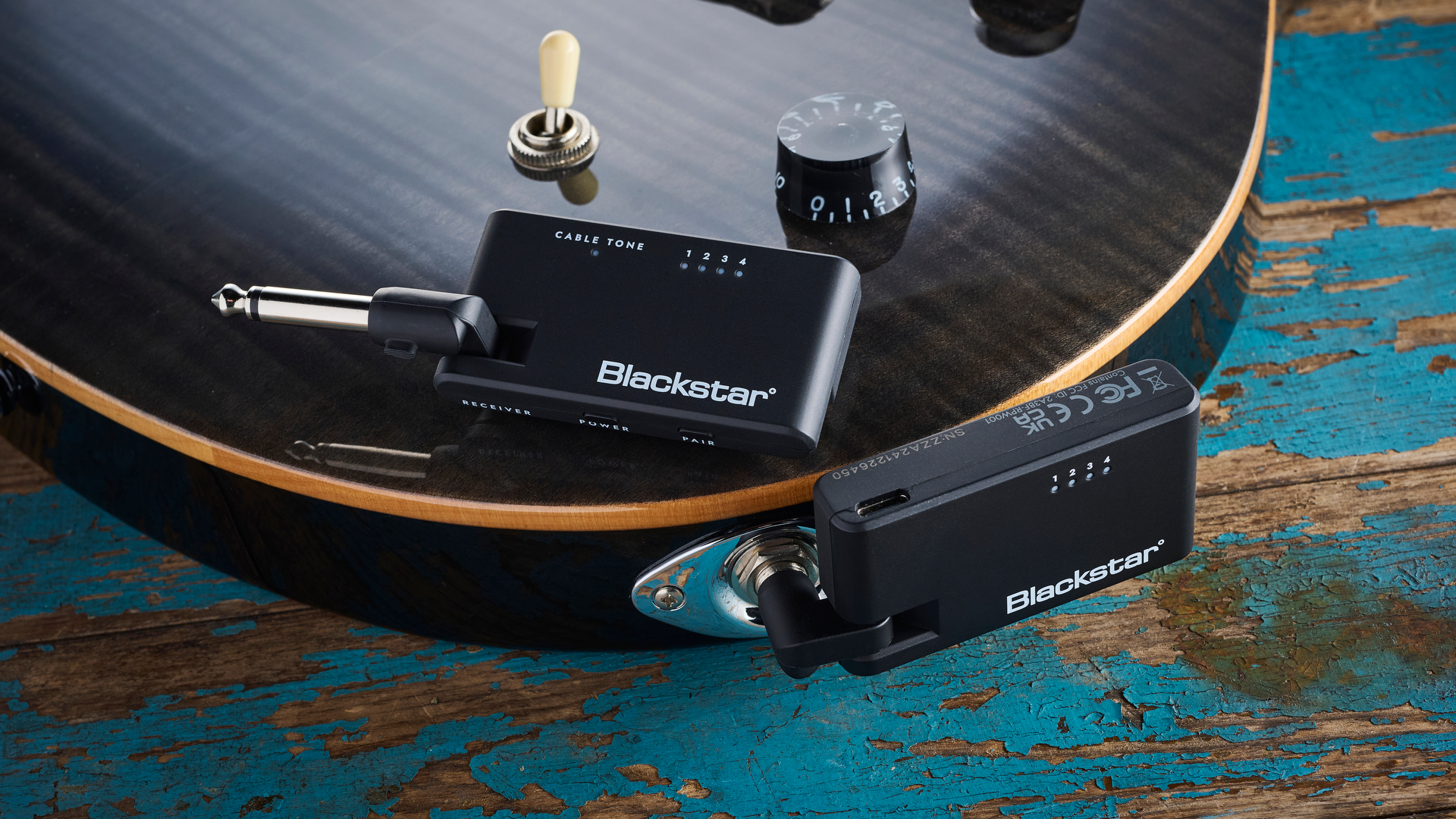Guitar World Verdict
The Yamaha Pacifica Professional is the most sophisticated Pacifica to date. It’s a flagship model with advanced chambering to enhance resonance, and cutting-edge pickups for a super-clear and ultra-wide response that put it beyond any guitar in its class.
Pros
- +
Japanese-made.
- +
Advanced chambering design maximizes resonant qualities.
- +
Pickups offer an ultra-wide and clear tonal response.
- +
Slim modern C neck shape.
- +
Compound radius provides comfort and pitch-perfect bending. Stainless steel frets will last for a lifetime of durability.
- +
Rosewood or maple fingerboard options.
- +
Colorful finishes.
Cons
- -
Expensive.
You can trust Guitar World
If there’s one thing that’s overshadowing the stellar Yamaha Pacifica Professional guitar, it’s the startling price tag. It’s difficult to shake the fact that the Pacifica – which many consider the benchmark in budget electric guitars – now arrives in a Professional version at a cost that might be slightly out of reach for most players.
Even so, it would be a shame for that to be the only reason to overlook this thoughtfully designed Superstrat that undeniably proves it’s a world-class performance instrument through and through.
The Pacifica model has been around for decades, but if you look back far enough, you’ll find that its evolution was rooted as a pro-level, custom shop guitar that was built-to-order for top Los Angeles session players. So, in essence, Yamaha’s Pacifica Professional is a welcome return to form as a premium instrument.
If that sounds dubious, you can rest assured that the Pacifica Professional’s build quality and specialized features are on par with top-notch boutique brands like James Tyler, Knaggs, Suhr and Tom Anderson.
First impressions are everything, and right off the bat, the guitar feels profoundly comfortable in your hands and rings out with a sizable resonance acoustically.
A lot of that has to do with its precise Japanese craftsmanship and implementation of Yamaha’s Acoustic Design technology – an advanced form of chambering that Brandon Soriano, marketing manager of the Pacifica line, elaborates on: “If you hear about chambering, you picture someone just taking chunks of wood out. This is different. We had scientists meticulously doing 3D modeling and mapping out how to shape the body and take certain parts out so that the whole thing resonates as freely as possible.”
And while this kind of exactness puts the Pacifica a cut above the rest, the perceivable standout comes in the form of the new Reflectone pickups in an HSS configuration (with a push-pull coil-split at the tone knob).
Yamaha partnered with Rupert Neve Designs, the company renowned for its pro audio recording consoles and preamps, to develop uniquely wound pickups that cover an exceptionally wide tonal response. The result is pickups unlike anything I’ve experienced before. Though it may sound like a fault, the Reflectone pickups lack coloration, but this is exactly what makes them extraordinary.
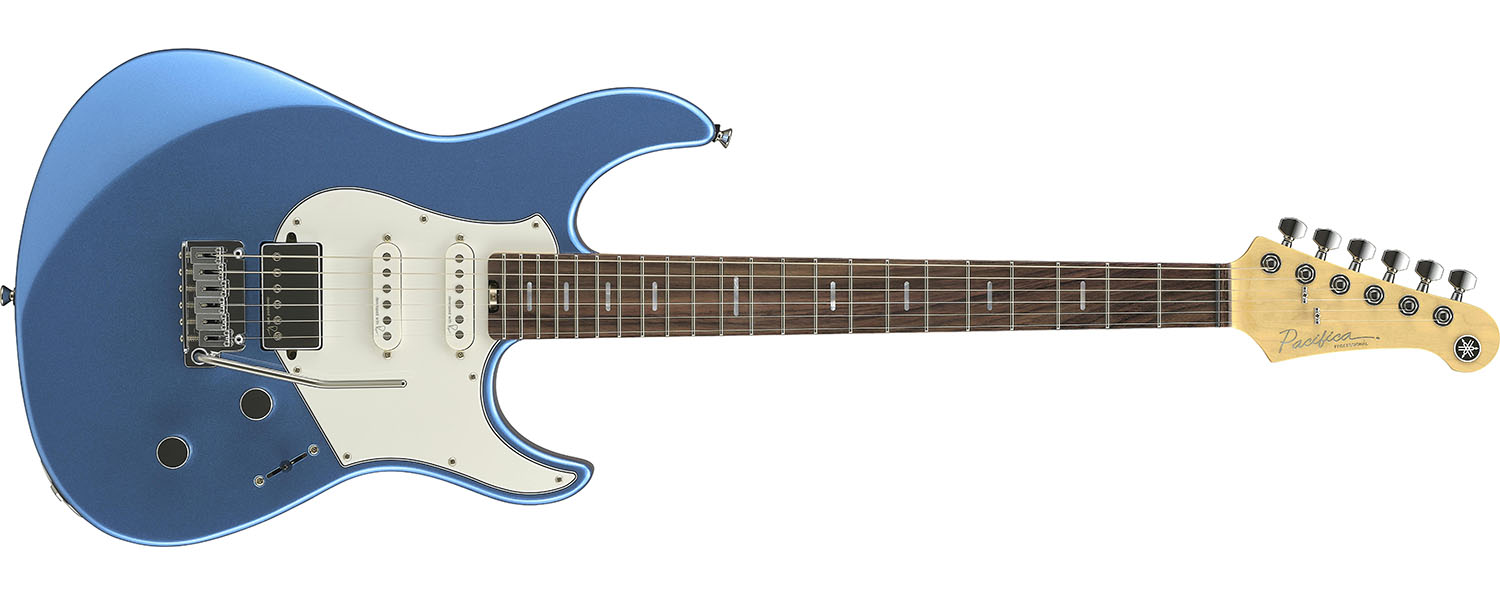
What you get in return is supreme balance and an almost mastered, studio-quality polish between all the pickup positions on the five-way selector – or what Michael Astley-Brown, GW’s online EIC, called a “pre-produced sound,” and I completely agree. It’s the kind of fully realized humbucker and single-coil tones that reveal the true nature of your tube amp or amp modeler with clarity.
Of course, playability across the Pacifica Professional is exceptional, with every aspect being tangibly optimized for a balanced feel. Wrapping your hand around the maple neck, you’ll find that its comfortably rounded modern “C” profile with a custom-tinted satin finish puts your playing in a confident position for fluid movement.
For speed, a flat 10-14–inch compound fingerboard radius keeps notes from choking out as you sprint through the neck’s 22 stainless steel frets. Even the generous beveled scoop along the Pacifica’s alder body’s lower bout and contoured neck heel allow for effortless navigation from top to bottom.
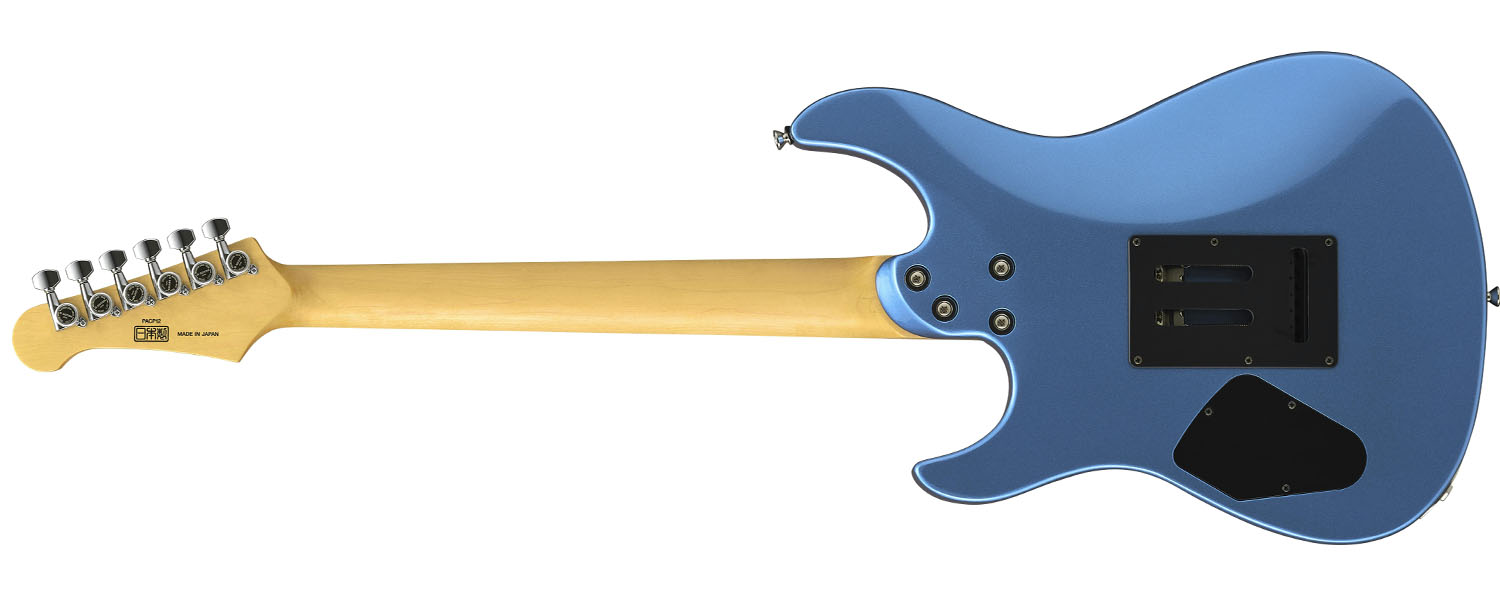
For hardware, the Gotoh 2-point tremolo bridge combined with Gotoh locking tuners is a premium inclusion for steady vibrato throw and steadfast tuning, and even the smooth taper of the chrome volume and tone knobs make the whole guitar feel deluxe.
As far as looks go, I love that the Pacifica Professional embraces its Japanese provenance. The colorful finishes are based on album covers of the Japanese City Pop genre that’s inspired by the California music scene, which makes the guitar pop in bold colors.
In closing, some critics might say there’s a stigma to it being a Pacifica; however, I’ll counter that Yamaha’s Revstar was a hidden gem until Matteus Mancuso adopted it as his primary guitar.
Whether or not it takes a Mancuso to change that perception is irrelevant, because, for my money, the Pacifica Professional is an unparalleled instrument at all costs.
Specs
- PRICE: $2,199 / £2,049 (inc. case)
- TYPE: Electric guitar with Acoustic Design chambering on body
- BODY: Alder
- NECK: Maple, bolt-on, Modern C profile
- FINGERBOARD: 10" to 14" compound radius, maple (rosewood optional)
- FRETS: 22, stainless steel, medium
- SCALE LENGTH: 25.5"
- PICKUPS: 2x Reflectone HS7n Single Coils (middle and neck), Reflectone HH7b Humbucker (bridge)
- CONTROLS: Master Volume, Master Tone (Push-Pull Coil Split), 5-way pickup selector
- HARDWARE: Gotoh Locking Tuners, Gotoh 510T FE-1 vibrato, Graph Tech TUSQ nut
- FINISHES: Sparkle Blue (as reviewed), Beach Blue Burst, Black Sparkle, Desert Burst
- CONTACT: Yamaha
Paul Riario has been the tech/gear editor and online video presence for Guitar World for over 25 years. Paul is one of the few gear editors who has actually played and owned nearly all the original gear that most guitarists wax poetically about, and has survived this long by knowing every useless musical tidbit of classic rock, new wave, hair metal, grunge, and alternative genres. When Paul is not riding his road bike at any given moment, he remains a working musician, playing in two bands called SuperTrans Am and Radio Nashville.
“I was in a frenzy about it being trapped and burnt up. I knew I'd never be able to replace it”: After being pulled from the wreckage of a car crash, John Sykes ran back to his burning vehicle to save his beloved '76 Les Paul
“It holds its own purely as a playable guitar. It’s really cool for the traveling musician – you can bring it on a flight and it fits beneath the seat”: Why Steve Stevens put his name to a foldable guitar
“A virtuoso beyond virtuosos”: Matteo Mancuso has become one of the hottest guitar talents on the planet – now he’s finally announced his first headline US tour
